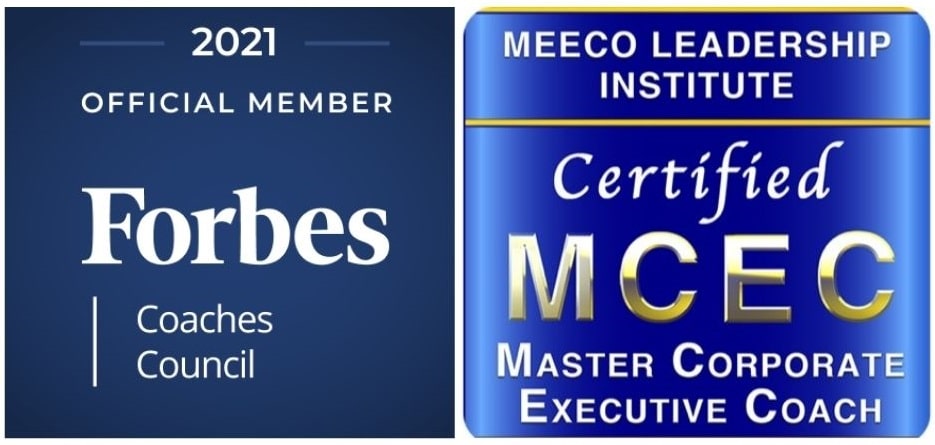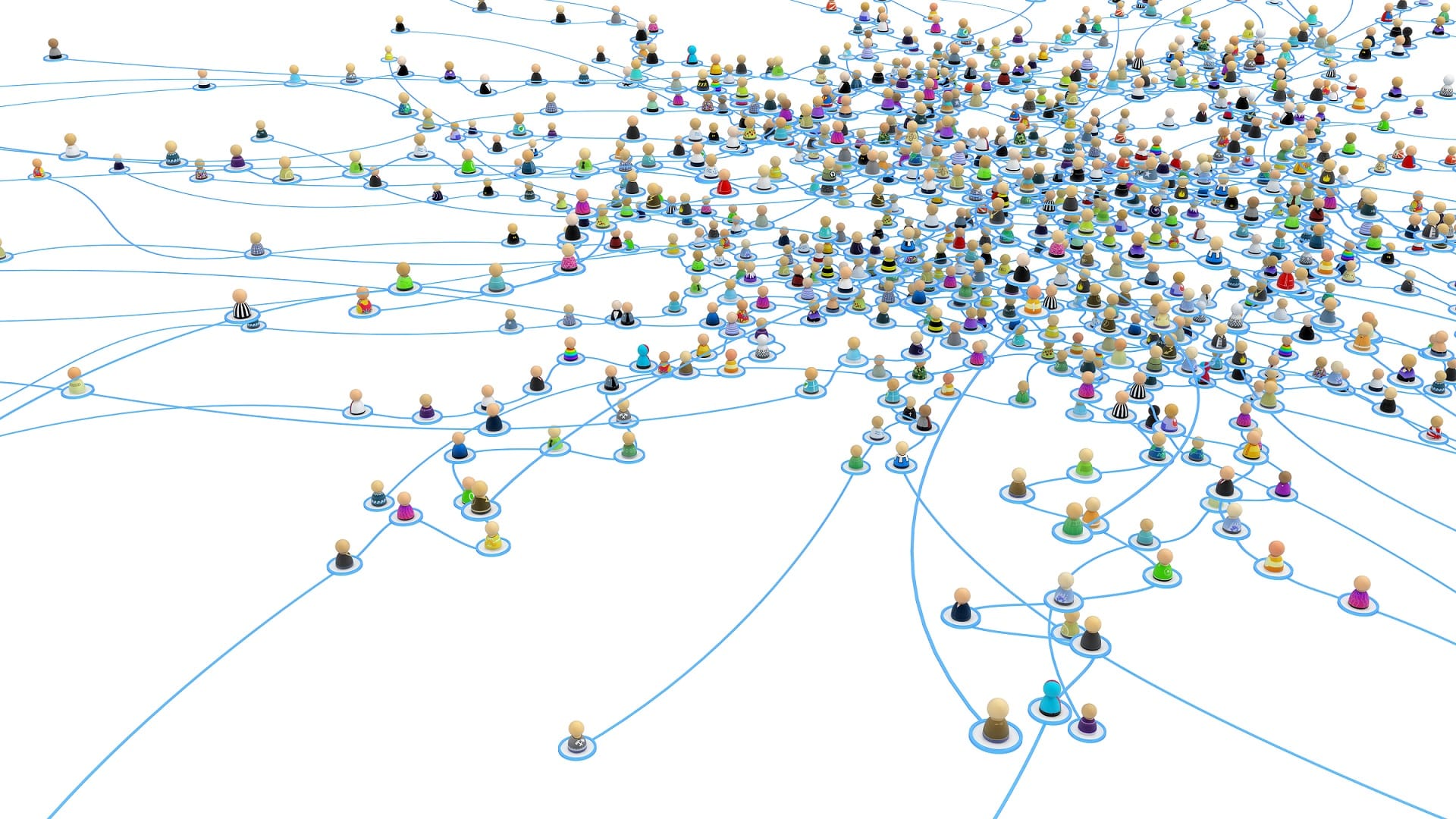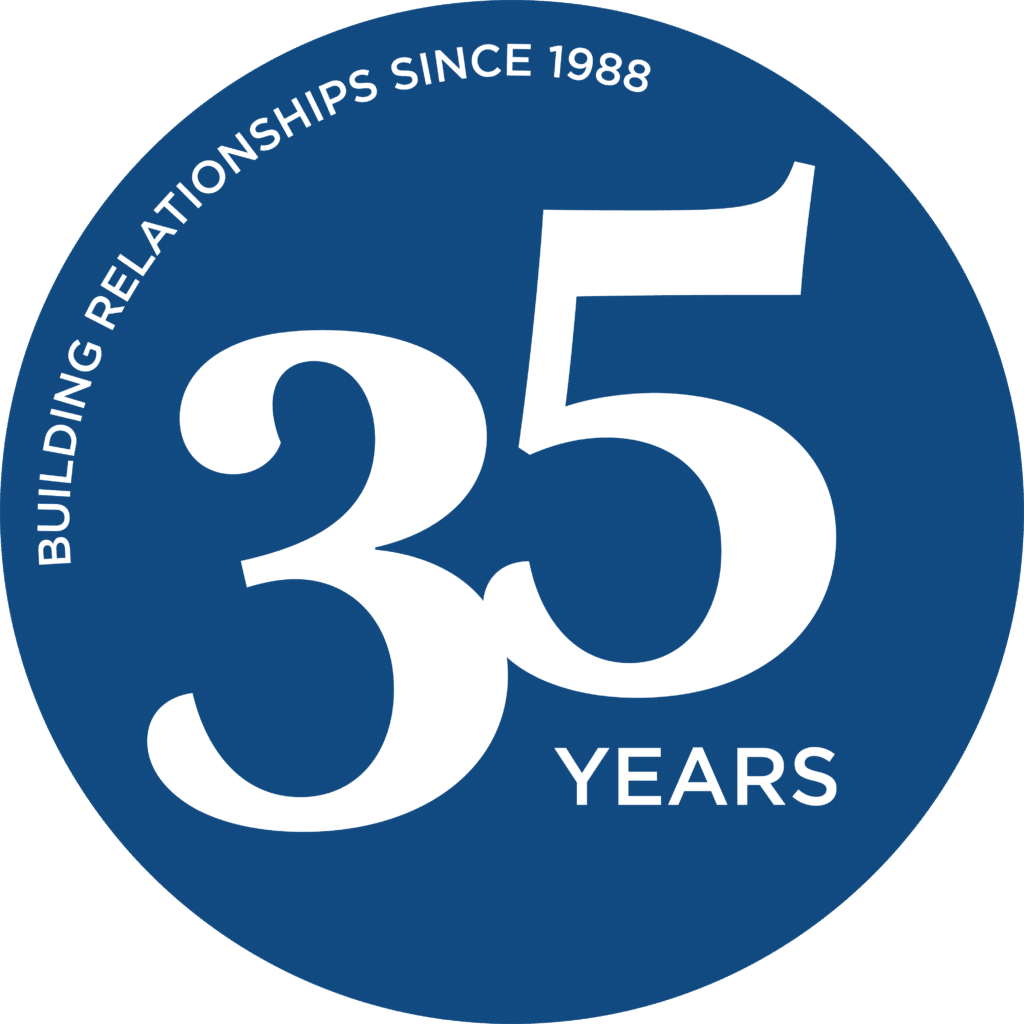How systems thinking, focused intention and trust are essential for our future
Meatpacking plants are a microcosm of what we are all experiencing right now—the indivisible system. As the contextual environment more aggressively imposes itself into our everyday world, the resources we used to call upon, while necessary, are insufficient to get us through this real crisis. The leaders at meatpacking plants must operate on all cylinders and become agile sensemakers of their environment to address the needs of their workforce, the needs of the communities they operate in, and the needs of the world’s food supply. This is not the time to think about themselves, their professional development or their personal assessment results. They are in chaos and complexity, and the leadership strategies previously applied will no longer work. There is no going back, there is only evolving forward.
“The concept of emotional intelligence (EI) is a 101 course for leadership right now.” This spot-on statement was made this past week at CCI Consulting’s monthly virtual Executive Coach Café—something that has been taking place for much longer than the pandemic. We were, like so many others in the industry, discussing coaching strategies that are particularly important to help leaders right now; some of whom are dealing with bottom-line crises resulting in their businesses precariously perched on the brink of insolvency. Other leaders are navigating the needs of virtual staff and the mechanics of returning to a face-to-face office environment while simultaneously adjusting to the legal issues involved with protecting their employees. Whatever the particular situation, the workforce is in dire need of help and support.
But the statement made about Emotional Intelligence, or EI or EQ, has never rung truer than it does today because EI is not new. Most leaders already know about the 1995 book, “Emotional Intelligence,” by Daniel Goleman even if they haven’t read it or put its guidance into practice. Some are even aware of the 1990 John Mayer and Peter Salovey article that first used the term emotional intelligence, or the seminal work of Howard Gardner and Reuven Bar-On in the 1980s that dug into multiple intelligences and the psychological well-being and drivers of success outside of IQ and academic or hard-skill proficiencies.
One does not turn on the EI switch and suddenly develop the capacity to marry self-awareness and the awareness of others any more than after one reads a book or listens to a TED talk and suddenly becomes attuned to the needs of psychological safety, authenticity or courage. All of these concepts require leaders—and all of us for that matter—to zero in on the foundation that allows these concepts to turn into everyday actions that move the needle on interpersonal effectiveness and leadership strength.
Our society needs interpersonal effectiveness and leadership strength now more than ever. But, more important than that, we need to shift our perspective to the indivisible system we live in. To do that, we need to turn up the volume on the foundational skills of systems thinking, focused intention and trust.
Consider these scenarios:
Pre-pandemic: The office reception area was always sparkling, but the building scheduled individual offices and cubicles to be cleaned on a bi-monthly basis.
Upon reopening: Your direct report walks into the office environment and wonders privately if the building manager allocated the proper resources to procure the ethanol or cleaning solutions necessary to disinfect their cubicle space or thinks that perhaps they diluted materials in favor of cost savings. They say nothing because at least they still have a job.
Pre-pandemic: Your Asian American lab manager received an award for facilitating a successful clinical trial.
Upon reopening: On her way to work, your Asian American lab manager was harassed and called names for bringing the novel coronavirus to America. When she came into the office, she said nothing and moved quietly to her workstation wondering if anyone at work felt the same way.
Pre-pandemic: A key member of the senior leadership team launched a new initiative, setting the stage to acquire a competitor.
Upon reopening: With schools still closed and summer camp postponed, that same key member was distracted by family concerns and schedules, as well as figuring out coverage for staff, and the acquisition opportunity was not only missed but they experienced a hostile takeover.
If we peel back the surface…if we move deeper than the mechanical needs of Personal Protective Equipment (PPE), social distancing, work schedules and remote technology, we will see that these things are simply tools. And who uses the tools? People. It is the experience of people that matter more right now than ever before.
The three foundational concepts that can help to move all of us forward require strategies that involve:
Systems Thinking – None of us likes to think of ourselves as living in a bubble and now, more than ever, we see how siloed thinking causes unnecessary conflicts and contributes to misinformation and delayed decision-making. Systems thinking is not new, but its perspective is enjoying a resurgence. People everywhere are noticing its value when addressing complexity and the VUCA environment. As we move through the current pandemic, it is critical to call on a systems perspective to help organizations and people adapt to change. Russell Ackoff defined a system as, “a whole, which cannot be divided into independent parts…the essential properties of any system, the properties that define a system, are properties of the whole which none of its parts have.” When adopting a systems mindset, we see that our internal or operating environment (yes, our bubble or our organization) exists within a transactional or stakeholder environment where we act and interact with those around us, beyond which exists in our contextual or global environment.
To be a true systems thinker requires consideration that the changes taking place in this contextual environment place pressures that cause changes in behavior of the stakeholders in the transactional environment. And, as changes in the transactional environment take place, they naturally place pressures on the internal and operational environment of the organization.
Ah…the pandemic. But not just the pandemic.
Change is not linear, and we are seeing in real time that what we are experiencing around the globe requires us to address the contextual environment of the pandemic and the economy but, more importantly, the changes we need to make FOR people. Leaders must accelerate considerations for how technology and digital productivity can enhance and not replace workers. Leaders must address shifting ways of generating business value through agility, innovation and new customer strategies. And how about where our employees come from? Entire categories of people are impacted when geopolitical and economic powers shift, but more so when the well-being of people and purpose of work dramatically change.
Re-envisioning work as opposed to returning “back” to the way things once were is the new mission-critical competency leaders must embrace now.
Focused Intention – The game has changed and our global existence has come into sharp focus because we now understand that even if we work hard, develop ourselves to be at our best, provide opportunities for others, and focus on our mission and values, there are still things we cannot control. The word intention often brings to mind a goal or target, such as we find when we have good intentions. However, our good intentions don’t always have the intended impact with either people or outcomes. There has never been a better time to take a step back and think about the kind of person you want to be…how you want to show up as a leader, friend, colleague, parent and citizen. Then, if you are honest with yourself and solicit feedback from others, is this the person you are today? Is there a gap you can fill?
There are those who choose activities that quiet the mind or activate the soul. Whatever you choose is not really at issue. What is at issue is that you place focused attention on your intentions and exercise behaviors that support them, reflect on how you did, and adjust where needed. Hopefully, your intentions are supportive to those around you.
Trust – At the core of everything is trusting the “other” person, but also ensuring they trust you. Without trust, we cannot communicate; without communication, there is no trust. If we choose to widen our perspective and allow greater transparency in the system, we must open ourselves up to the ideas of others and fill the gaps of understanding to make sense of our global system. During times of uncertainty and fear, people need to feel grounded that their leaders and organization are reliable and have one another’s back. Recognizing our own assumptions and biases are a good start here. Are we making assumptions that those around us are not interested in remaining healthy and alive? Are others making the right assumptions about us? In a way, it is the same as wearing masks right now: I wear a mask because I care about you and want you to wear one as an expression of how much you care about me.
Begin by treating everyone—and I mean everyone—with complete positive regard. And, if you can’t, ask yourself how to approach the other with curiosity and kindness. Learn how they are experiencing everything right now. Learn how they are struggling and laughing, and tell them about how you are experiencing things right now. Together, and through courageous and caring conversations, it will be easier to build an environment where people reconnect with one another after we reduce our distance, where we all begin to challenge our own limiting beliefs, and where we can co-create whatever our future has in store.
There are many important leadership tools out there, but without thinking in systems, intention and trust, everything else falls flat. Together we lead.
Adena Johnston, D. Mgt., MCEC
Vice President and Practice Leader, Talent Development
CCI Consulting




